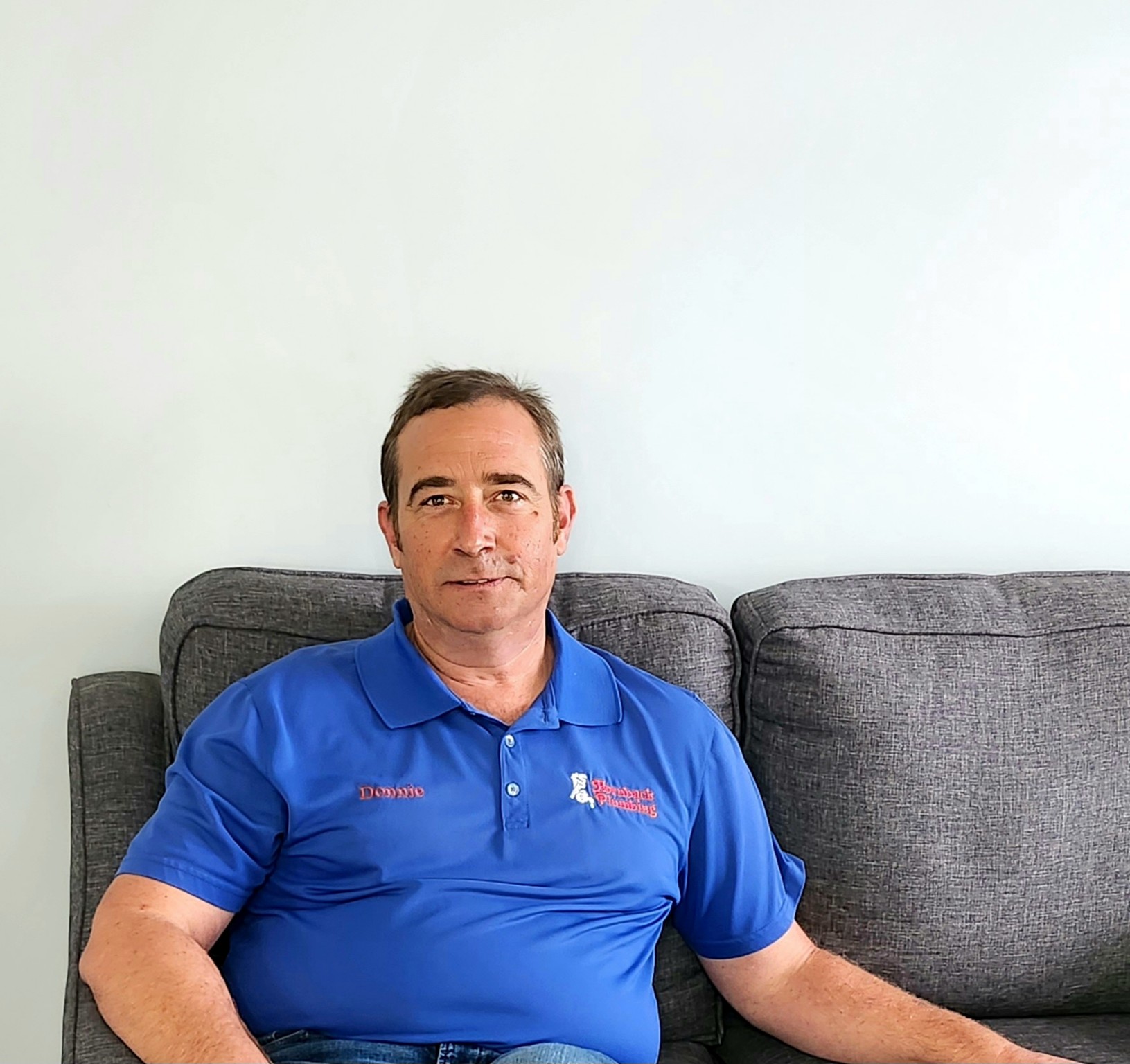Home » business administration
Articles Tagged with ''business administration''
The Blue Collar Coach | Kenny Chapman
Understanding what it means to lead with authenticity.
Read More
Editorial Opinion
Nicole Krawcke: Use exit interviews to strengthen your plumbing company
Improve your company processes and better your hiring process by gathering important information from employees on their way out.
July 13, 2023
Kenny Chapman: The benefits of looking at adversity as an opportunity
Problems always hold solutions.
July 6, 2023
Dan Holohan: Do you prefer educated customers?
Contractors weigh in on customer education preferences.
July 5, 2023
Nicole Krawcke: ChatGPT: Revolutionizing the plumbing industry
Free OpenAI language model can help plumbing and HVAC contractors excel.
June 13, 2023
Donnie Hornback: Two reasons why I sold my 18-year-old plumbing company
Finding the right buyer is important.
June 12, 2023
Michael Copp: Hybrid workplaces need locker room leadership
Don’t let your employees feel disconnected and invisible.
June 8, 2023
Matt Michel: 5 solid reasons every plumber should offer drain cleaning
Drain cleaning presents reoccurring revenue for plumbing contractors.
June 7, 2023
Kenny Chapman: Relationships matter more than results
Strong relationships between colleagues and with clients will give you a better chance of achieving your goals and desires.
June 5, 2023
Keep your content unclogged with our newsletters!
Stay in the know on the latest plumbing & piping industry trends.
JOIN TODAY!Copyright ©2025. All Rights Reserved BNP Media.
Design, CMS, Hosting & Web Development :: ePublishing
















